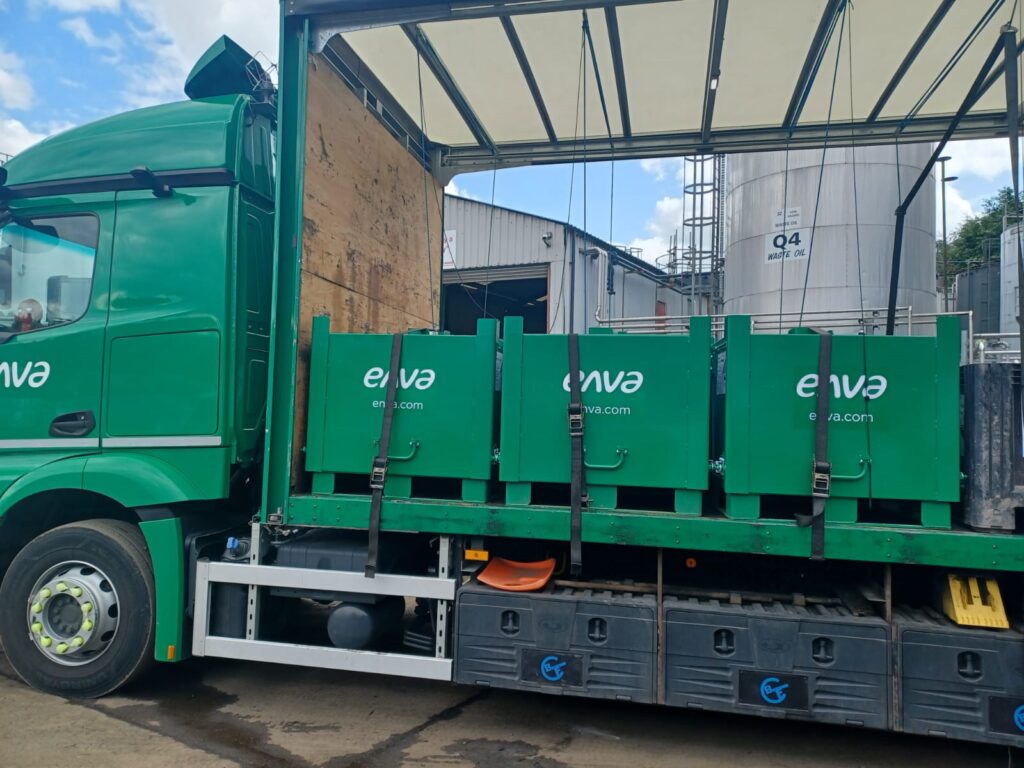We are concerned that some project developers seem to be selecting inappropriate technology from companies with little or no track record
Joe Schwager, Juniper
Gloucestershire-based consultancy firm Juniper analysed around 300 processes offered by companies across 25 countries for the report, as well as the individual companies offering the technology.
It said the aim was to provide an “independent assessment” of the strength of various processes to help the public and private sector select potential bidders for contracts.
The consultants have rated the various technologies as either “fully proven”, which is the highest category, “proven”, “demonstrated” or “conceptual”, which is the lowest.
Technology
Of the 300 different treatment configurations, which included mechanical biological treatment, incineration and gasification, 168 were classed as “proven” or “fully proven”. Juniper said this meant there were “plenty of credible technology providers from which a shortlist can be derived”.
However, the company added that to put this another way, “43% the processes being promoted as modern solutions for waste management have a more limited track record – and a quarter of these have not yet been operationally demonstrated”.
Juniper managing director Joe Schwager said: “We are concerned that some project developers seem to be selecting inappropriate technology from companies with little or no track record.”
Technical director Dr Kevin Whiting added: “Nervousness about the ‘deliverability' of novel waste processing technologies has been a key constraint on their wider adoption in recent years.
“By conducting this analysis and making available these independent ratings we hope to build greater confidence within the industry by identifying who has established a track record and which processes are contenders for procurement shortlists”, he said.
The evaluation includes UK firms providing the technology but also foreign companies, some of which supply technology for use in this country.
Ratings
The company has released its findings in five Ratings Reports – large-scale energy-from-waste (EfW) processes; small to medium-scale EfW processes; MBT and MHT processes; plasma processes; anaerobic digestion technologies.
Around 35 incineration processes were analysed and these were all rated fully proven or proven. Of the mechanical biological and mechanical heat processes considered, just over half were proven or fully proven. Of the anaerobic digestion technologies, around three quarters were in either category.
The consultants have also looked at plasma technology and found it presently to be largely unproven but Juniper says it is attracting more and more interest. Japan is the front runner for this treatment technology and one method involves passing electricity and gas through a plasma torch to create a “lightning effect”, which heats waste to 10,000 degrees Celsius.
A Juniper spokesman said this differs to incineration because the inorganic material is melted into a slag which can be used as aggregate in roadfill and is easier to recycle than incinerator ash.
A further aspect of Juniper's work included rating the individual companies supplying the technology – the highest rating was five stars. Germany topped the geographical league after five of the 15 companies that were awarded five stars were found to be located there.
In the UK, USA and Canada, no companies got five stars and “only” six of the 100 companies from the three countries received four stars. Juniper has said this is down to the “embryonic nature” of processing technology industries. However, the consultants pointed out that companies from other countries whose technology received high ratings were operating in the UK.







Subscribe for free